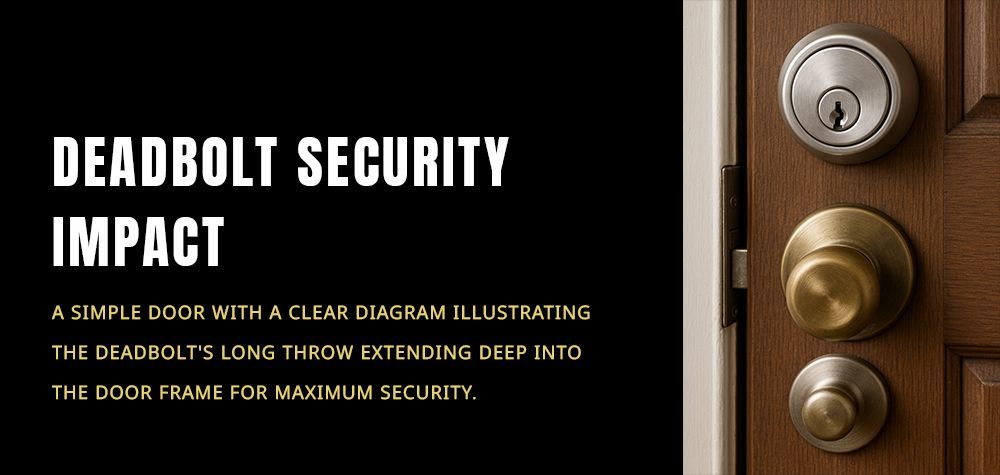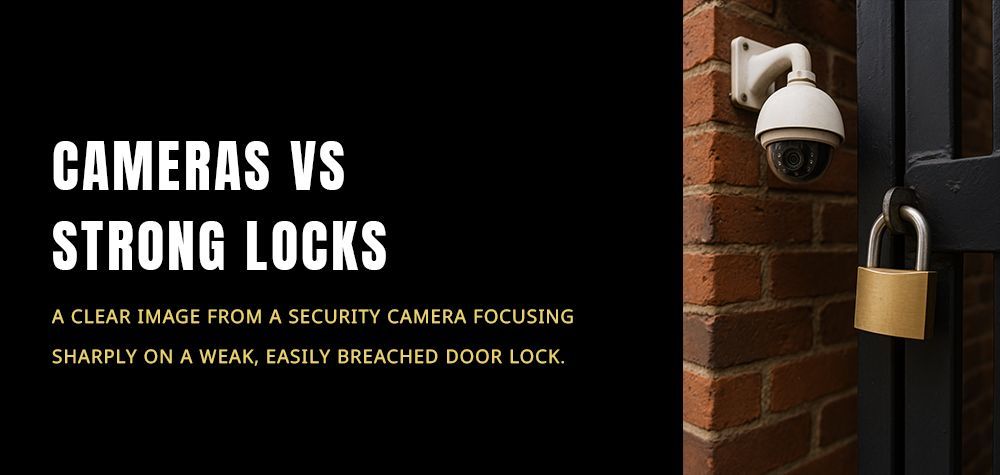Turning the Key but No Ignition? Troubleshooting the Issue
When you insert your car key, turn it, and get nothing but silence—it can be frustrating, confusing, and sometimes downright alarming. Your dashboard lights may come on, you might even hear a click, but the engine doesn’t crank or come to life. Don’t panic. This is a common problem that can stem from several causes, and understanding what’s going on is the first step toward getting back on the road.
How to Unlock a Steering Wheel Without a Key
What Does It Mean When the Key Turns but Nothing Happens?
If your car key turns in the ignition but the engine doesn’t start, it means the mechanical part of the ignition switch is working—but something in the start-up chain is broken or malfunctioning. Your car needs a combination of electrical power, fuel delivery, and air intake to fire up the engine. If any of these systems fail, your car won’t start even though the key turns freely.
Let’s break down the possible reasons, from the most common to the more complex.
1. Dead or Weak Battery
One of the most common culprits is a dead battery. The key may turn, and your dashboard might light up, but if there’s not enough charge to power the starter motor, the engine won’t turn over.
Helpful Tip: Check if your headlights or interior lights come on. If they’re dim or not working at all, it’s probably the battery. Try jump-starting the car. If it starts, you’ve likely found your issue.
2. Faulty Starter Motor
The starter is responsible for cranking the engine when you turn the key. If it’s faulty, worn out, or has a damaged solenoid, you may hear a clicking noise—or nothing at all—when you turn the key.
Helpful Tip: If you hear a single click or repeated clicking when turning the key, that’s often a sign of a starter issue. Replacing the starter or solenoid is usually the fix.
3. Ignition Switch Problems
Even if the key physically turns, the internal electrical part of the ignition switch might be damaged. This can prevent the signal from being sent to the starter motor.
Helpful Tip: Try jiggling the key slightly as you turn it—this sometimes works if the contacts inside are loose. But if the problem persists, a professional should inspect or replace the switch.
4. Fuel Delivery Issues
Your engine needs fuel to start. If your fuel pump has failed or your fuel filter is completely clogged, your engine won’t receive the fuel it needs to run.
Clues: No fuel pump noise when turning the key (you can often hear it for a second or two from the back of the car), or sputtering before it refused to start.
5. Faulty Fuses or Relays
Sometimes, it’s as simple as a blown fuse or faulty relay preventing the starter or fuel system from getting power.
What to Do: Check your vehicle’s fuse box for any blown fuses, especially those related to the ignition or fuel system. Replace them if needed, but if they blow again, there’s likely a deeper issue.
"Why Car Locks Freeze in Winter and How to Prevent It"
6. Neutral or Park Position Issues
Automatic cars must be in “Park” or “Neutral” to start. If the shift lever isn’t fully engaged or the neutral safety switch is faulty, your car may not start.
Try This: Wiggle the gear shift while turning the key. If the car starts, the switch or shifter alignment might need adjusting.
7. Anti-Theft System Interference
Modern vehicles often have immobilizers or anti-theft systems that disable the ignition if they detect tampering or an unrecognized key. If your transponder key or key fob isn’t working properly, the car might block the engine from starting.
Warning Signs: A blinking key light on your dash, or a message like “security” or “theft detected.”
8. Flooded Engine (Mostly in Older or Manual Cars)
If you’ve been trying to start the engine repeatedly or pumping the gas pedal, the engine might be flooded with fuel. This prevents proper ignition and is especially common in cold weather.
Fix: Hold the gas pedal down all the way and try to start the engine. This helps clear out excess fuel.
When to Call a Locksmith vs. a Mechanic
If the key won’t turn or you suspect ignition switch damage, a professional locksmith can often help, especially if the issue is related to the ignition cylinder or key wear. However, if you’ve ruled that out and the electrical or mechanical systems are the issue, a mechanic is your best bet.
Preventive Measures to Avoid Future Starting Issues
While some of these problems are inevitable over time, many can be prevented:
- Don’t ignore signs like slow starting, dim lights, or strange clicking noises.
- Replace old keys that are worn or bent.
- Avoid turning the key forcefully—it can damage the ignition cylinder.
- Have your battery tested regularly, especially before winter.
- Keep up with regular maintenance, including oil changes and fuel system checks.
Final Thoughts
When your car key turns but the engine doesn’t start, it’s a signal that something in the ignition or engine start-up system isn’t functioning properly. Whether it’s a weak battery, a bad starter, or something more technical like an immobilizer issue, getting to the root cause quickly can save you time, stress, and money.
If you're unsure where the issue lies or suspect it's related to your car’s key or ignition, don’t hesitate to call a professional locksmith or auto technician. With the right help, you're never stuck for long.
Call Us Any Time!






